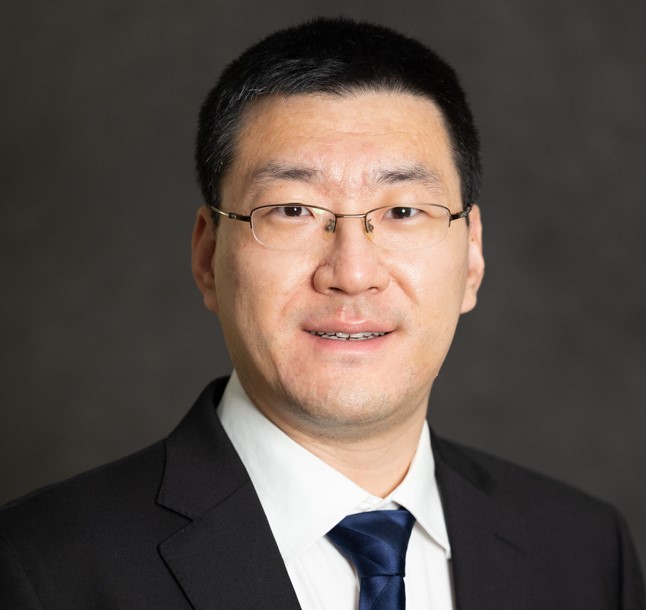Since May 2022, an emerging zoonotic Orthopoxvirus (OPXV) causing mpox (MPXV) has rapidly spread and evolved into a global health emergency. District of Columbia (DC) led the nation in mpox cases per capita partially due to the HIV endemics, with >450 confirmed cases and 15 hospitalizations. Epidemiologic studies have established that the global MPXV outbreaks disproportionately affected people living with HIV (PLWH). MPXV and HIV-1 dual positivity may contribute to morbidity and mortality of affected individuals. Adolescent MPXV infection is long believed to be rare but may be underestimated. Using a novel MPXV screening assay, we recently identified 33 MPXV-infected adolescent LWH cases from a biorepository of clinical sera at Children’s National Hospital (CNH). We found that there were significantly elevated pro-inflammatory cytokines, IL-6 and TNF-alpha, in sera of MPXV+HIV dual positive adolescent LWH cases after clinically confirmed mpox recovery compared with their cytokine levels before MPXV infection. It is unknown whether this represents a persistent inflammation or an elevated systemic chronic inflammation (SCI) in PLWH after MPXV clearance. It is known that long-term HIV infection can cause persistent inflammation due to Nef-induced epigenetic changes and metabolic rewiring, i.e., trained immunity (TRIM), an acquired long-lasting innate immune memory. Recently, it was shown that vaccinia virus, a prototype OXPV, may also cause TRIM. We hypothesize that MPXV induces prolonged inflammatory responses and exacerbates systemic chronic inflammation (SCI) in the adolescent LWH after MPXV clearance. To test this hypothesis, Liu and team propose a specific aim to identify and characterize MPXV-induced prolonged inflammatory responses and exacerbated SCI in adolescent PLWH after MPXV clearance. They will take advantage of our biorepository of clinical samples and data at CNH. MPXV+HIV dual positive, MPXV-only, and non-HIV and non-MPXV control groups will be included. Anti-MPXV antibody, pro-inflammatory cytokines, MPXV DNA, HIV pathogenesis and disease progression will be compared before and after MPXV infection. This study will represent the first investigation of prolonged inflammatory responses and SCI induced by MPXV in adolescent LWH and may inform developing novel anti-inflammatory therapeutic approaches. Their patient samples collected locally at CNH will represent the disease prevalence in the adolescent LWH population in the DC area. This study will benefit the PLWH in the community and beyond in multiple ways.
Project Summary provided by investigator.


